Einstein Experts for Media
Search Results
You searched for "translational research"
5 results found
Robert D. Burk, M.D.
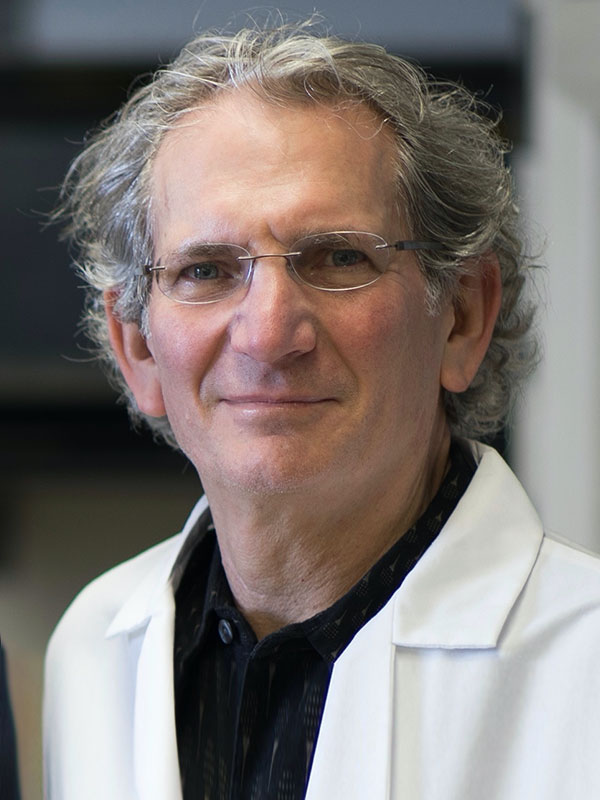
Professor and Vice Chair for Translational Research, Department of Pediatrics
Professor, Microbiology & Immunology
Professor, Obstetrics & Gynecology and Women’s Health
Professor, Epidemiology and Population Health
Attending Physician, Pediatrics, the Children's Hospital at Montefiore
Human papillomavirus (HPV)Cervical cancer screeningMolecular evolution
Betsy Herold, M.D.
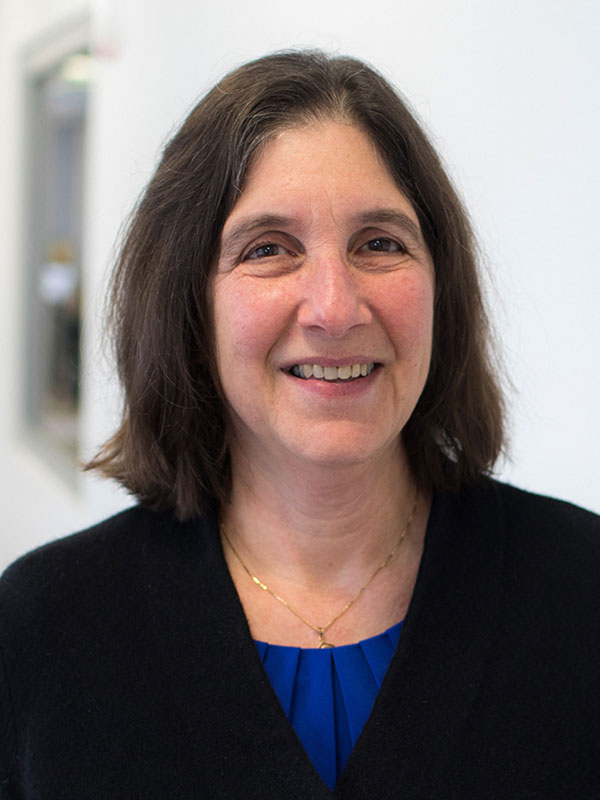
Professor, Harold and Muriel Block Chair, Pediatrics
Professor, Microbiology & Immunology
Professor, Obstetrics & Gynecology and Women’s Health
Vice Chair, Research, Pediatrics, Einstein and the Children’s Hospital at Montefiore (CHAM)
Chief, Division of Pediatric Infectious Diseases, Einstein and CHAM
Infectious diseasesHerpes simplex virusesCOVID-19 and pediatricsVaccines and antiviralsHIV
Solomon L. Moshe, M.D.
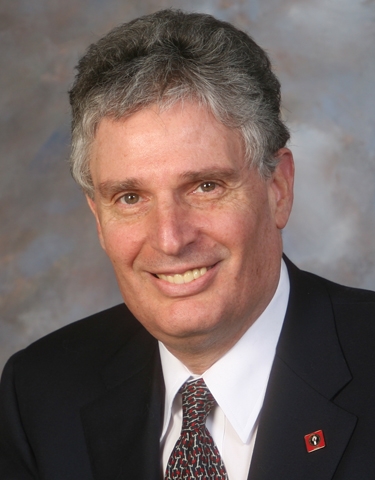
Professor, The Saul R. Korey Department of Neurology, Einstein
Charles Frost Chair in Neurosurgery & Neurology, Einstein
Vice-Chair & Director, Pediatric Neurology & Clinical Neurophysiology, Department of Neurology, Einstein
Chief, Pediatric Neurology, The Children's Hospital at Montefiore
EpilepsyPediatric neurologyNeurophysiology
Translational research
Dr. Moshé is an authority on the mechanisms that underlie the development of epilepsy and on the consequences of the disease in infants and children as a function of gender. read more...
Chaim Putterman, M.D.
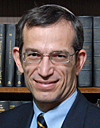
Professor, Medicine (Rheumatology), Einstein
Professor, Microbiology & Immunology, Einstein
Chief, Division of Rheumatology, Department of Medicine, Einstein and Montefiore Health System
ArthritisLupusAutoimmune diseases
Rheumatoid arthritis
Dr. Putterman is a clinical rheumatologist who treats arthritis and related musculoskeletal and autoimmune diseases. Dr. Putterman specializes in lupus, an incurable autoimmune disease affecting 1.5 million Americans that causes inflammation, pain and damage to various parts of the body. read more...
Ulrich G. Steidl, Ph.D., M.D.
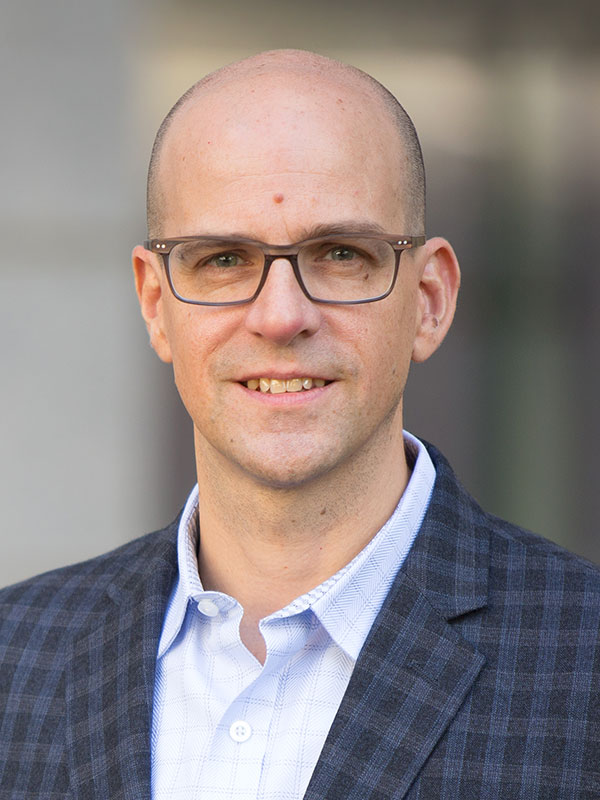
Professor, Cell Biology
Professor, Medicine
Deputy Director, Montefiore Einstein Comprehensive Cancer Center
Rose C. Falkenstein Chair in Cancer Research
Interim Director, The Ruth L. and David S. Gottesman Institute for Stem Cell and Regenerative Medicine Research
Leukemias and myelodysplastic syndromes Pre-cancerous and cancer stem cellsCell and tumor biology
Dr. Steidl studies the molecular and cellular mechanisms that lead to two related blood diseases, myelodysplastic syndromes (MDS) and acute myeloid leukemia (AML). His NIH-funded basic and translational research seeks to define the characteristics of pre-leukemic stem cells (pre-LSC), understand their progression to leukemic stems cells, and develop drug strategies to target the process. Dr. Steidl is co-director of the Montefiore Einstein Comprehensive Cancer Center's Blood Cancer Institute. read more...


